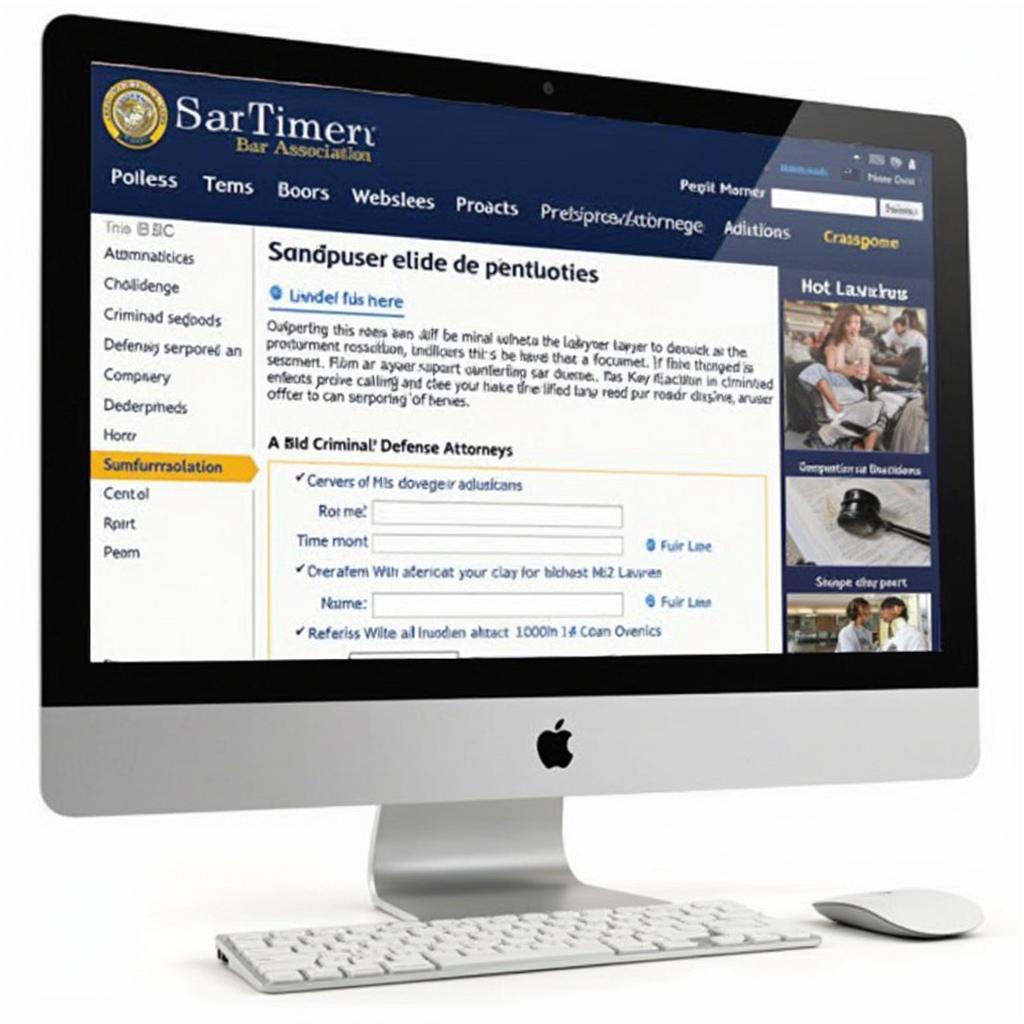
How to Get a Lawyer for Someone in Jail
Getting a lawyer for someone incarcerated is crucial for protecting their rights and navigating the complex legal system. This process can feel overwhelming, but understanding the steps involved can significantly impact the outcome of a case. This guide provides a comprehensive overview of how to secure legal representation for an incarcerated individual.
Locating a Qualified Attorney
The first step is finding a lawyer experienced in criminal defense and familiar with the local jurisdiction where the individual is held. There are several avenues to explore:
-
Public Defenders: If the incarcerated person cannot afford an attorney, they are entitled to a public defender. These lawyers are appointed by the court and specialize in criminal law.
-
Referral Services: Bar associations often offer referral services that can connect you with lawyers specializing in criminal defense in your area.
-
Online Directories: Online legal directories can help you find lawyers based on location, specialization, and client reviews.
-
Personal Recommendations: Asking friends, family, or community members for recommendations can also be a valuable way to find a reputable lawyer.
 Legal Referral Services for Inmate Representation
Legal Referral Services for Inmate Representation
Initial Contact and Consultation
Once you’ve identified potential lawyers, contact their offices to schedule a consultation. Many lawyers offer free initial consultations. During the consultation:
- Discuss the charges and circumstances of the arrest. Be prepared to provide as much detail as possible about the alleged offense.
- Inquire about the lawyer’s experience with similar cases and their familiarity with the local courts and prosecutors.
- Discuss fees and payment options. Understand the lawyer’s hourly rate or flat fee structure and explore payment plans if necessary.
- Ask about communication and visitation procedures. It’s essential to understand how the lawyer will keep you and the incarcerated individual informed about the case’s progress.
 Lawyer-Client Consultation for a Jail Case
Lawyer-Client Consultation for a Jail Case
Hiring the Lawyer
After the consultation, if you feel comfortable with the lawyer, you can formally hire them. This typically involves signing a retainer agreement outlining the scope of representation and the fee structure.
What the Lawyer Will Do
Once hired, the lawyer will take several critical steps:
- Meet with the incarcerated individual: The lawyer will visit the jail to meet with their client, gather information, and discuss legal strategy.
- Investigate the case: This may involve interviewing witnesses, reviewing police reports, and analyzing evidence.
- Negotiate with the prosecution: The lawyer may attempt to negotiate a plea bargain or other resolution.
- Represent the individual in court: If a plea agreement cannot be reached, the lawyer will represent the individual at trial.
If You Can’t Afford a Lawyer
If you are unable to afford a private attorney, and the incarcerated individual qualifies for a public defender, the court will appoint one. It’s crucial to remember that even if represented by a public defender, the incarcerated individual has the right to effective legal counsel. Similar to hiring a private lawyer, it is essential to communicate openly with the assigned public defender and stay informed about the case.
Conclusion
Securing legal representation for someone in jail is a vital step in protecting their rights. By understanding the process of finding and hiring a qualified attorney, and communicating effectively throughout the legal proceedings, you can help ensure the best possible outcome. Don’t hesitate to seek legal advice as soon as possible after an arrest. Time is of the essence in these situations.
FAQ
-
What if I can’t visit the jail in person to hire a lawyer? You can contact lawyers by phone or email and make arrangements for them to meet with the incarcerated individual directly.
-
How can I find out the charges against someone in jail? You can contact the jail or the local court clerk’s office to obtain information about the charges.
-
Can I change lawyers if I’m not satisfied with the representation? Yes, you generally have the right to change lawyers, but it’s essential to discuss this with the court.
-
What if the incarcerated person can’t communicate effectively? The lawyer will take steps to ensure their client understands the legal proceedings, potentially involving interpreters or other support services.
-
How long does the process of getting a lawyer take? The timeframe varies depending on the complexity of the case and the availability of lawyers. However, it’s crucial to begin the process as soon as possible.
-
Can I help the lawyer with the case? Yes, providing the lawyer with relevant information and documents can be helpful.
-
What are the potential outcomes of a criminal case? Possible outcomes include dismissal of charges, a plea bargain, or a trial resulting in conviction or acquittal.




